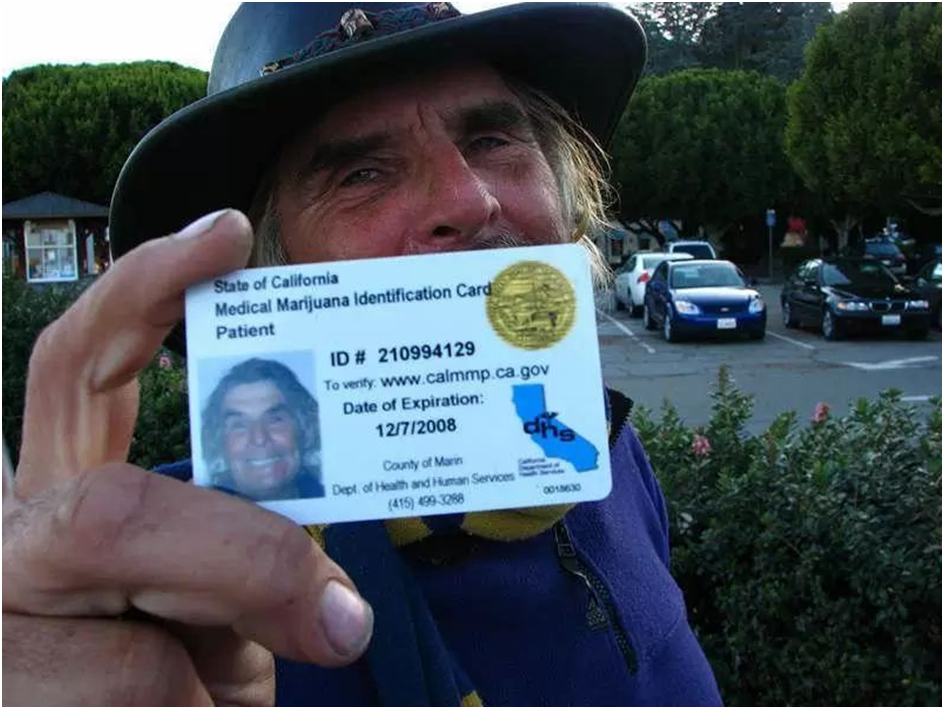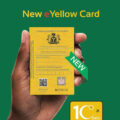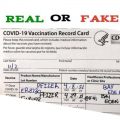Pursuing for a Medical Cannabis Card in California
If you’re a California resident, you may wonder if it’s worthwhile to obtain permission to cultivate, own, or purchase medicinal marijuana in a region in which recreational consumption is permitted. If you meet one of the qualifying conditions, there are at least several solid reasons to enroll as a medicinal patient in California.
Ever since the adoption of Proposition 215, the Compassionate Use Act in 1996, medical marijuana use has been permitted.
Following the passage of Proposition 64, which legalized adult-use marijuana in 2016, the legislature enacted the Medical and Adult-Use Cannabis Regulation and Safety Act (MAUCRSA), which established an integrated regulatory structure both for recreational and medical cannabis. Applying for a medical marijuana card is the key.
Unlock all advantages of having a Medical Marijuana Card in California today with Dr. Weedy.
Qualifying Conditions of California
To be eligible, you must meet certain qualifying conditions.
- Migraine
- Anorexia
- HIV or AIDS
- Chronic pain
- Arthritis
- Cachexia
- Glaucoma
- Cancer
- Constant muscle spasms, such as in multiple sclerosis
- Nausea (severe)
- Seizure including epilepsy
- A medical symptom that substantially limits a person’s ability to carry out major life activities can be a disability, according to the Americans with Disabilities Act of 1990, or if not alleviated, can cause serious harm to the patient’s safety or physical or mental health.
Registering for California Medical Card
A Medical Marijuana Identification Card (MMIC) can only be obtained through a county program and not through an evaluation center or attending physician. The MMIC program’s contact information can be found on each participating nation’s county offices and contact information page.
An Application/Renewal Form must be completed by patients who are residents of the county where their application is submitted. A copy of a medical recommendation, proof of identity (such as a valid driver’s license, identification card, or other government-issued photo ID), and proof of residency (such as a rental or mortgage agreement, utility bill, or California DMV motor vehicle registration) are all required by counties. Program-specific fees vary by county but cannot exceed $100.
Low-income patients participating in the County Medical Services Program are exempt from paying fees, and Medi-Cal beneficiaries receive a fee reduction of fifty percent. The MMIC must be made available to applicants within five days, and a 30-day verification period for counties.
Under certain conditions, minors can apply as patients or caregivers, and minors can use for themselves as patients if they are legally free or have declared their self-sufficiency.
Selecting a Carer
Someone in charge of a qualified patient’s housing, health, or safety is considered a primary caregiver. An emancipated minor or the parent of a minor who qualifies as a patient must be at least 18 years old to serve as the primary caregiver. Primary caregivers must apply with the patient in person and provide identification.
Residents of the same county must have multiple qualified patients. Each eligible patient may have no more than eight ounces (or 227 grams) of dried marijuana and up to six mature or twelve immature marijuana plants.
Getting Your Medication
Marijuana can be grown at home or purchased from a licensed dispensary. It is illegal to sell marijuana without a license. Medical marijuana dispensaries can be found all over the state, from as far north as Eureka to as far south as San Diego.
Out-of-State Patients’ Rights
Non-resident citizens with a legitimate driver’s license, state ID, or federal ID may acquire recreational drug under state legislation.
To acquire medicinal pot items, resident and non-resident patients, both must have a valid doctor’s referral from a California-licensed physician. Because neither medicinal nor adult-use cannabis is permitted to traverse state lines, cannabis cannot enter or leave California.





